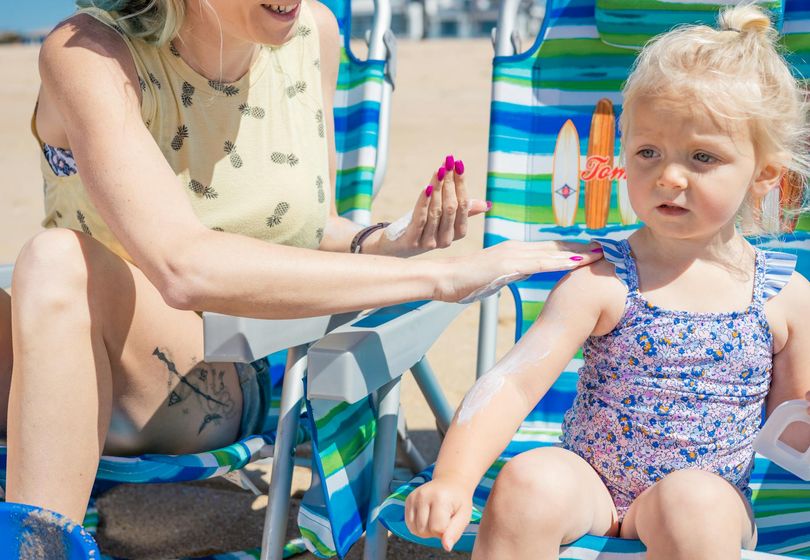
In recent years, there has been a growing awareness of the importance of protecting children from the harmful effects of the sun. Baby sunscreen is a crucial tool in safeguarding your little one's delicate skin from sunburn and long-term damage. However, not all sunscreens are created equal, and some may contain ingredients that can be harmful to your child. It's important to be informed and know what to look for when choosing a sunscreen for your baby.
When selecting a sunscreen for your baby, there are certain ingredients you should avoid to ensure the product is safe for their sensitive skin. One common concern is the use of chemical filters such as oxybenzone, avobenzone, octisalate, octocrylene, homosalate, and octinoxate. These chemicals are known to be absorbed into the skin and can potentially disrupt hormone function, leading to long-term health issues.
Instead, look for baby sunscreens that use physical blockers like zinc oxide and titanium dioxide. These minerals create a physical barrier on the skin that reflects and scatters UV rays, providing broad-spectrum protection without penetrating the skin or causing irritation.
Parents often wonder what sunscreen is safe for their 4-month-old or 6-month-old baby. The general recommendation is to avoid using sunscreen on infants under 6 months of age whenever possible. For babies older than 6 months, it is essential to choose a sunscreen specifically formulated for infants with sensitive skin.
When applying sunscreen to your baby, opt for gentle formulations like Babyganics sunscreen lotion or stick. These products are specially designed for the delicate skin of babies, providing protection without harsh chemicals or fragrances that can trigger allergies or skin irritations.
If your baby has eczema or other skin conditions, you may need to be extra cautious when selecting a sunscreen. Look for baby sunscreens that are labeled as suitable for sensitive skin or specifically designed for eczema-prone skin. These formulas are typically free of harsh ingredients that can exacerbate skin issues.
It's essential to consider your baby's age when choosing a sunscreen, as certain products may not be suitable for younger infants. Always follow the manufacturer's guidelines and consult with your pediatrician if you have any concerns about using sunscreen on your baby.
When shopping for baby sunscreen, avoid products with high SPF values like 100 SPF. While it may seem like higher SPF offers better protection, anything above SPF 50 provides only marginally increased defense against UVB rays. Additionally, some high-SPF products may contain higher concentrations of potentially harmful chemicals.
For the best protection, choose a baby sunscreen with a minimum SPF of 30 and broad-spectrum coverage to shield your little one from both UVA and UVB rays. Be sure to reapply sunscreen regularly, especially after swimming or sweating, to maintain its effectiveness.
In conclusion, when it comes to protecting your baby's skin from the sun, knowledge is key. By avoiding harmful ingredients and choosing a safe, gentle sunscreen designed for infants, you can help keep your little one safe and healthy while enjoying the great outdoors.
